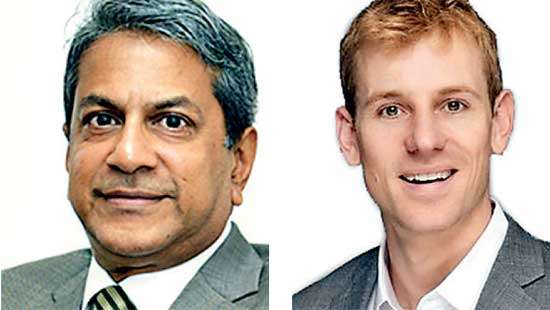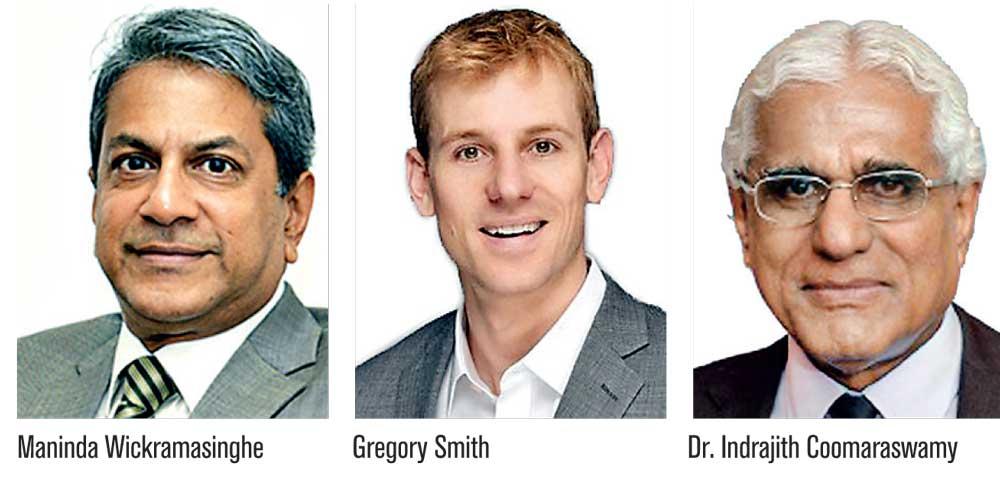Reply To:
Name - Reply Comment


As Sri Lanka awaits the removal from ‘restrictive default’, a status discouraging the potential investors, experts are optimistic about the nation’s ability to move beyond this ranking.
The country has implemented crucial and painful measures to restructure its debt. It is now awaiting the final approval from the International Monetary Fund (IMF) to confirm the negotiated terms with the creditors. Once this approval is received, the island nation will gain an indication of its change in status, a development eagerly anticipated by the stakeholders of the economy.
Fitch Ratings Lanka MD Maninda Wickramasinghe acknowledged Sri Lanka’s significant progress in recovery, a sentiment echoed by international agencies, due to the measures implemented to overcome the economic crisis.
“Once we have signed off the restructuring of bonds and other outstanding bilaterals, there is no reason for a rating agency to keep the ratings at restricted default,” said Wickramasinghe at the inaugural CFO Forum organised by CFA Sri Lanka.
He emphasised that his views on this matter are personal and do not reflect those of Fitch Ratings Lanka.
Wickramasinghe also noted that Sri Lanka should initiate a review process, which should not take long.
Wickramasinghe praised Sri Lanka’s resilience in restructuring and recovery but stressed that the country must learn from this experience to avoid repeating the past mistakes.
Regarding the timeline for the status change, he pointed out the complexity as it is the first time Sri Lanka has approached the IMF while in the default status.
“There are many boxes to tick. We have approached the IMF 17 times. We are doing something wrong. We need to learn from that and make sure we don’t go back,” he said.
World Bank Lead Economist Gregory Smith shared similar views, noting that while exiting restrictive default is achievable, the real challenge lies in securing an upgrade afterwards.
“Reaching a B- rating is a monumental task. With the current debt service to revenue ratios, it will be challenging. Achieving stability in exchange and payments would be great but the other issues must also be resolved,” said Smith addressing a webinar by CT CLSA recently. Smith highlighted the necessity for Sri Lanka to regain market access by 2027, to be ready to repay the IMF, emphasising the need for substantial new investments by then.
“It is incredibly hard for countries to claw back to where they started. There’s a lot of work ahead. By avoiding policy blunders, this economy can grow faster,” he said.
Senior Economist and former Central Bank Governor Dr. Indrajith Coomaraswamy, addressing the same webinar as Smith, noted that to cross the 3 percent growth rate, Sri Lanka needs to maintain macro stability, implement structural reforms and leverage opportunities from neighbouring giant India.
He stressed that a key focus of Sri Lanka’s economic strategy is achieving a primary surplus target of 2.3 percent in 2025.
“Reaching this target is essential to avoid another debt restructuring. Improving tax revenue through better administration and eliminating tax concessions could significantly boost the country’s fiscal health.
The goal is to raise the tax revenue to GDP ratio beyond 15 percent, which would provide the necessary financial stability to support growth initiatives,” he said.